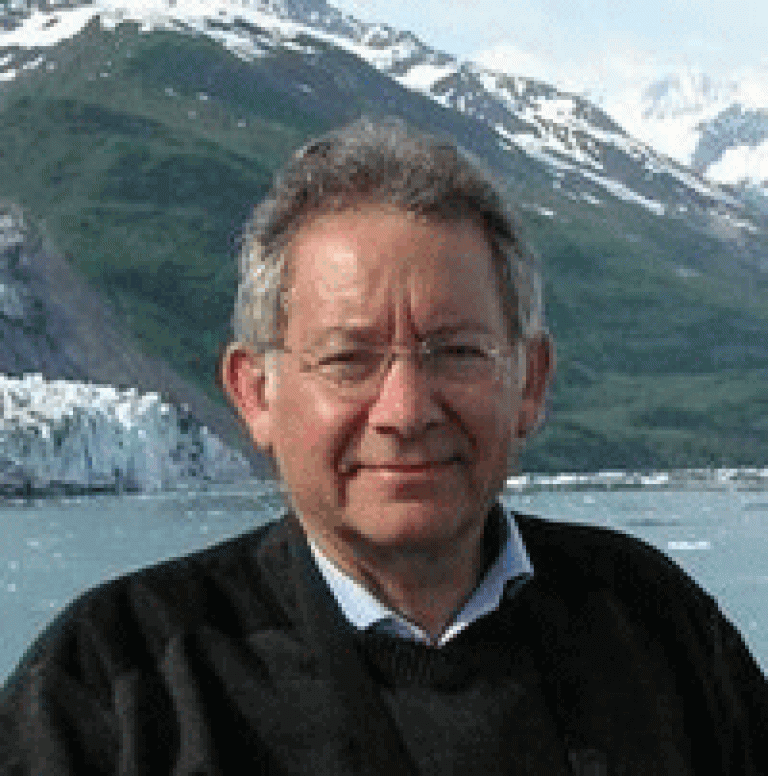Intellectual property inaugural lecture
6 December 2007
Link:
 ucl.ac.uk/laws/experts/index.shtml?area_ip" target="_self">UCL Intellectual Property Law
ucl.ac.uk/laws/experts/index.shtml?area_ip" target="_self">UCL Intellectual Property LawSir Hugh Laddie QC delivered his inaugural lecture as UCL Professor of Intellectual Property Law on 4 December 2007.
In 'The Insatiable Appetite for Intellectual Property Rights', Professor Laddie discussed the importance of intellectual property (IP) rights and their growing influence. IP rights is the collective name given to a disparate group of property rights including patents, copyright, design rights, database rights and trade marks.
Professor Laddie noted that the function of IP rights is to provide an economic incentive to produce goods and services which, without the incentive, would not exist or would take many more years to reach the market: "IP rights are there as a fine touch on the tiller of the free market. They are there to generate products, developments, new art and science for the benefit of us all in those areas where the harsh hand of competition would otherwise strangle such creations at birth. IP rights are the carrot to competition's stick."
He said the number of patents and trade marks applied for and granted has grown year on year, while new types of IP rights - such as a new database right to encourage the development of new databases - have emerged.
Professor Laddie described as "ever more strident and unbalanced" the debate between those in favour of more and stronger IP rights and those who oppose it or even ask for a reduction: "The unyielding attitude on either side of the debate makes it ever more difficult to secure a sensible revision of IP rights to better meet the commercial environment in the 21st century."
"A calm look at the way IP rights are obtained and enforced in practice suggests that something is wrong. … The extension of copyright, creates more protectable assets and they, obviously, have a value. What otherwise would have been free now is owned. More of the public domain is privatised."
He proposed a path forward which would be to acknowledge that not all inventions are of the same merit: "There is no reason why a patent for exercising a cat or swinging on a swing should be of the same duration as a patent for a life-saving drug. What would be wrong with extending the life of patents in some fields, if necessary with the safeguard of compulsory licence provisions in the later years? Defining classes of technology which deserve patents of longer duration would, no doubt, be difficult but refusing to do it imperils the system itself. …
"We should be trying to hone the system so that the greatest rewards and encouragement go to those industries which need and deserve them most. Where IP rights perform their function of advancing the sciences or arts, they should be encouraged to do so. Where or to the extent that they do not, they have no justification and the normal discipline of competition should prevail. The gluttony which has resulted in the growth of completely unnecessary or excessively long IP rights undermines the system itself."
Professor Laddie practised at the Bar for 25 years, the last 10 as a Queens Counsel, in the area of IP law, and was Standing Counsel to the Crown in this area while a junior. He appeared as counsel in leading IP cases in the High Court, the Court of Appeal, House of Lords, Privy Council and the European Court of Justice. He was appointed to the High Court Bench in 1995 and was assigned to the Chancery Division. He was one of the judges of the Patents Court, latterly being the senior judge. He resigned from the Bench in 2005. He continues to practice in a specialist IP law firm. He is co-author of 'The Modern Law of Copyright & Designs'.
To find out more about UCL Intellectual Property Law, use the link at the top of this article.
 Close
Close

